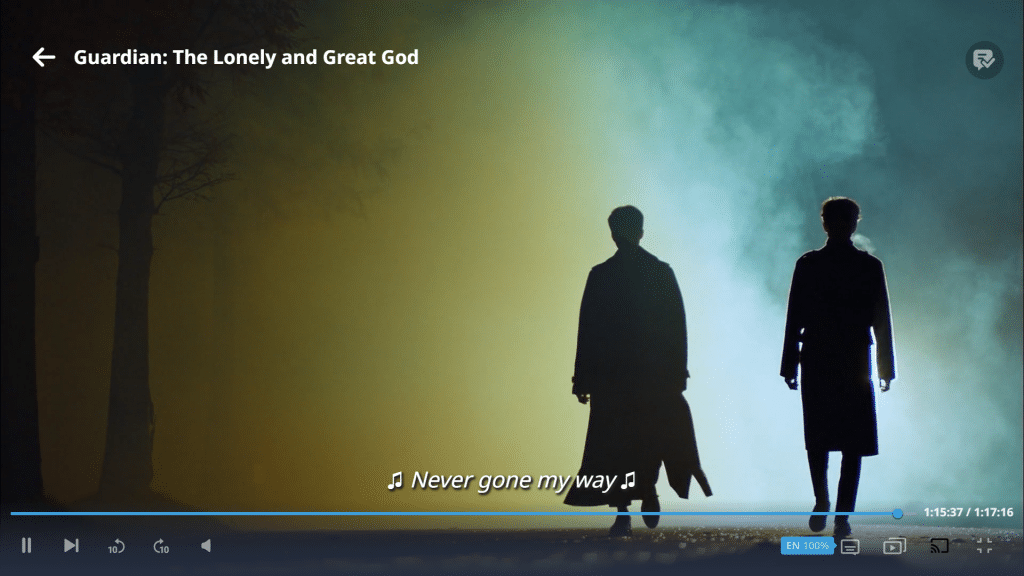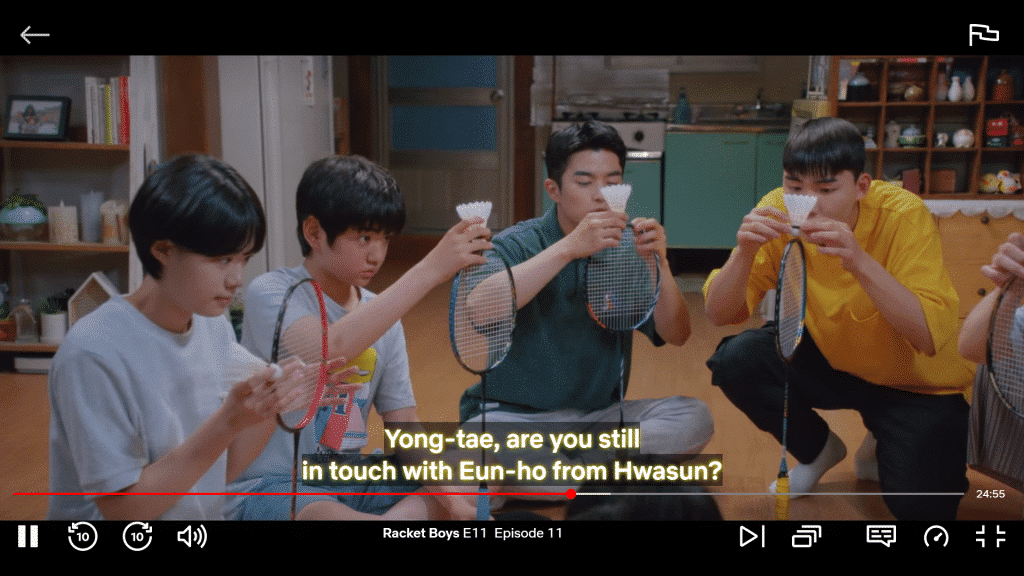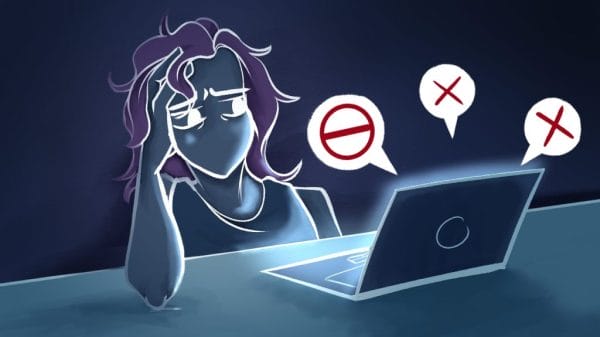Like many other language learners, my go-to has always been Duolingo, the trusted language learning app that appoints a potentially evil owl to track our progress. Though I recently started watching foreign dramas to further my understanding of the languages and cultures I’m most interested in, I had never attempted to learn a language solely by watching TV. Last month, I decided to watch at least one episode of a Korean drama every day in order to find out if this is even possible.
My (Admittedly Lazy) Approach
As someone who’s already trying to learn six languages using a medley of apps, TV shows, and music, I honestly didn’t have the will to incorporate any more dynamic study techniques into my daily routine. So, I approached this challenge with the intention of doing as little work as possible. Not all of us have the time or energy to actively build our foreign language skills every day anyway and so I thought it would be good to find out if we can still learn something by essentially doing nothing.
I did have a huge advantage, however, in being joined by my aunt, a K-drama connoisseur and Duolingo goddess (she has an 800+ day streak in Korean!!), for every episode. It was actually her who recommended the shows we watched last month. Though we only managed to watch three—Racket Boys (라켓소년단), Sh**ting Stars (별똥별), and Guardian: The Lonely and Great God (쓸쓸하고 찬란하神 – 도깨비)—I quickly became captivated and didn’t struggle to pay attention at all (one of the main advantages of this learning method). Despite being completely immersed in the world and plot of each drama (I still haven’t recovered from Guardian), I found myself noticing the language and becoming eager to learn it.
After a week or so, I realized that I had actually picked up some of the most common words and phrases without even trying. However, I have to accredit my aunt or my imo (이모) for any Korean vocab that made its way into my long-term memory. When I recognized a word due to its frequency but didn’t know the meaning, I would ask her. She would also periodically blurt out phrases after they were spoken by characters, reinforcing her own learning as well as helping mine. We even ended up practicing outside of our daily watching sessions; it felt surprisingly natural to exclaim heol (헐) or omo (오모) when something shocking happened in my everyday life.
What I Learned
Well, considering I didn’t touch a textbook or do a single Duolingo lesson, I learned more than I thought I would. I now have several useful phrases under my belt including:
Ne (네) – Yes
Ani (아니) – No
Gamsahabnida (감사합니다) – Thank you
Wae (왜) – Why
Jinjja (진짜) – Really
I also picked up a few of the many honorific titles used in Korean.
Ajeossi (아저씨) – mister (used by any gender to address a middle-aged man)
Nuna (누나) – older sister (used by a younger male to address an older female friend or sibling)
Eonni (언니) – older sister (used by a younger female to address an older female friend or sibling)
Hyeong (형) – older brother (used by a younger male to address an older male friend or sibling)
Oppa (오빠) – older brother (used by a younger female to address an older male friend, sibling, or (nowadays) romantic interest)
Thanks to the historical aspect of Guardian, I even learned the word orabeoni (오라버니) which is oppa in Old Korean. There are certainly more nuances in Korean speech levels that I don’t yet understand, however, I think even learning about the existence of these age-specific honorifics is valuable. Repeatedly hearing terms such as eonni and ajeossi in the dramas not only taught me vocabulary but also gave me an insight into the culture. I was surprised to learn that in Korea you rarely call someone who’s older than you by their name, even if you know them well, which shows the huge significance of age in this society.
I also absorbed the flow and the tone of the language, which was rewarding in itself as I didn’t actually know what Korean sounded like before watching K-dramas. Though I don’t know many words yet, the sound of the language has certainly cemented in my brain, meaning I’m that much closer to understanding. Plus, there are sounds in every language that transcend linguistic barriers, such as the unique hyuuuuuuk sound in Korean, which is used to emphasize certain words. Throughout the thirty days, I loved simply noticing the idiosyncrasies of this language and how people use it to express themselves!
Other (Better) Ways To Learn By Watching
Having said all that, if you’re serious about learning Korean, or any other language, this approach is not the way to maximize your time. While watching dramas can definitely enhance your learning, you still have to put in the work. I think most language learners would agree that using a combination of different learning resources is the way to go.
When my aunt first started learning Korean on Duolingo, she found that her progress was slow and she was spending ages just getting to know the alphabet. This makes sense as using an app can be quite a tedious way to learn if that’s the only thing you’re doing. Furthermore, in most languages, there is a “difference between how words are written and how people actually say them in real life”, which is one of the reasons why my aunt finds watching K-dramas so beneficial. By listening to the dialogue in these shows, she not only gets to hear what she learns on Duolingo in context but she also gets to hear the same words spoken by different people.
Clearly, watching dramas prepares you for real-world listening and speaking in a way that most apps and audio courses don’t. Plus, there’s an endless amount of K-dramas to choose from, thanks to the colossal investment of the Korean government in culture and media, so you’ll never be without a new actor, drama, or genre to inspire your learning!
While binge-watching can be a great way to maintain your progress on days when you don’t feel like studying, there are many things you can do if you want to heighten this learning experience. Some dedicated language learners will watch an episode or a scene once with subtitles in their native language and then watch it again with subs in the original language, much like how RM from BTS learned English.
There are also features you can use on certain streaming services to enhance your learning. On Viki (where I watched Sh**ting Stars and Guardian), there is a built-in “learn mode” that allows you to click on subtitles word by word in order to see their translation and pronunciation. You can also get a Google Chrome extension for Netflix (where I watched Racket Boys) that has a similar feature and even allows you to use multiple subs at once.
If you’re looking for more inventive ways to maximize your TV time, you’ll find plenty of other articles and videos that detail these. If you’re more of a casual language learner, I think you can still make progress by watching dramas or other content normally and maybe throwing in the odd Duolingo lesson! The important thing is that you enjoy your chosen approach to learning a language because that’s the only way you’ll be able to keep it up in the long run.
















